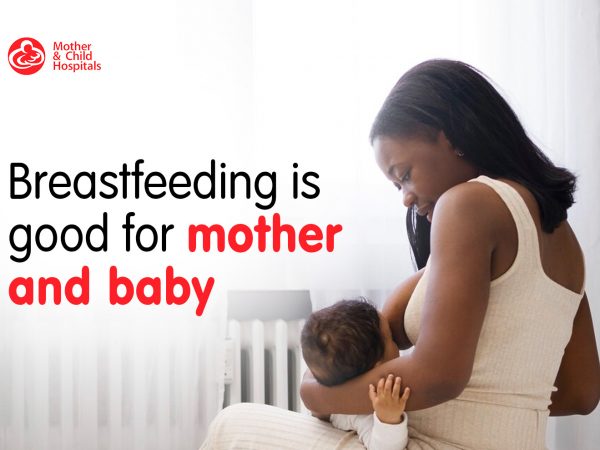
No two pregnancies are the same, even for the same mother, and require peculiar care. Pregnancy is a unique time of life that may have some conditions that need special medical attention. Therefore, the importance of antenatal care cannot be overstated. Good antenatal care improves the quality of life for the baby and coming generations.
A pregnant woman should have contact with the doctor in her first trimester at least once to detect any conditions and subsequently regular appointments with a health care provider, at least eight times. Many of the problems during delivery or after birth, particularly in a child’s life, arise as a result of the time of pregnancy, delivery, or what happens after delivery.
Vital signs are important for proper patient diagnosis and even more so, for an expectant mother. This is why at every hospital appointment, we check the weight, blood pressure, pulse rate, temperature, oxygen saturation, and urine composition of the patient, assigning more tests or investigations if required. Throughout the period of pregnancy, we conduct investigations through blood and urine tests, samples, and ultrasound to ascertain the health of the mother and baby.
Watch Consultant Obstetrician/Gynaecologist, Dr. Raphael Olarewaju, speak on this below.
At Mother and Child Hospital, we recognize the need for information sharing which helps the medical provider and patient to make rational decisions. Aside from the one-on-one antenatal visits with doctors for examinations, we host joint classes with other expectant parents. In these sessions, we discuss nutrition, body changes, birth options as well as many other relevant topics for both new and experienced parents. You can find previously recorded classes on our Youtube Channel. Subscribe to the channel to stay abreast of new uploads.



